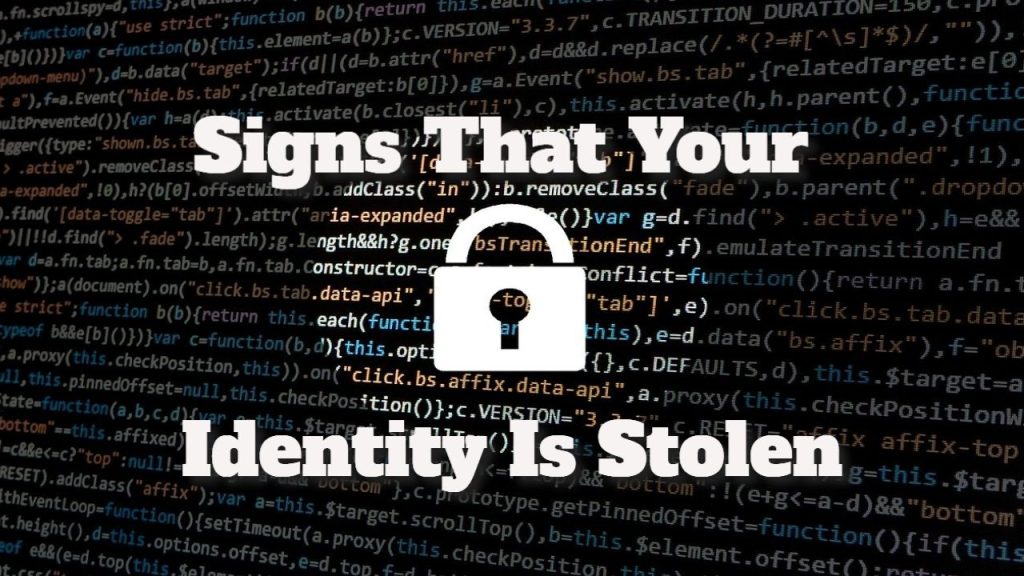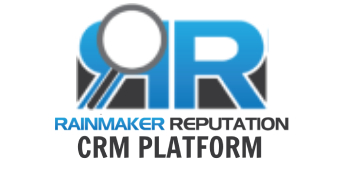Signs That Your Identity Is Stolen
They say that every rose has a thorn. Given the technology available, cybercrime has reached an all-time high.
Identity thieves will take considerable measures to obtain your personal information, such as your Social Security number, bank account information, and credit card details.
Most identity theft victims are unaware they are victims until it is too late, and some may not even know how to report the crime.
Look for these warning signs to apprehend a thief before things get out of hand.
You notice inaccuracies on your credit report.
Pro tip: Every year, request a free credit report from one of the three leading credit reporting agencies (Experian, Equifax, or TransUnion).
Experts recommend using this feature every four months to check for suspicious components such as strange accounts or credit inquiries.
If you discover an inaccuracy, inform the credit reporting agencies immediately. “Ask them to investigate and remove any erroneous information on your credit report,” says Identity Theft Alert author and Bentley University professor Steven J.J. Weisman. “This is crucial for future credit score protection.” If you want to protect your identity, these are the most essential items you should never carry in your wallet.
If your wallet is taken, losing these goods is far worse than losing a few dollars.
Keep your personal information secure.
Protecting your online and offline identities is critical in today’s environment.
This includes creating strong passwords for your online accounts and knowing what to keep in your wallet and leave at home.
Continue reading to learn what you should never carry in your wallet.
Social Security Number
Keeping your Social Security card or number in your wallet is not proper. “In the hands of a thief, Social Security cards and the number itself are some of the most precious information,” says Eva Velasquez, president and CEO of the Identity Theft Resource Centre.
“With it, they may simply file taxes in your name, request a loan, seek medical treatment, or even conduct crimes in your identity.”
If your wallet contains your Social Security number, report the theft immediately to the Social Security Administration.
Card for Health Insurance
Even if you do not have your Social Security card, your SSN may be found on a Medicare card, an even more common form of theft.
Former Medicare numbers, valid until January 2020, are your Social Security number with one or two letters and digits added – simple to figure out.
Carry your card only when you have a doctor’s appointment to prevent giving away one of the most crucial numbers a hacker can gain, advises Adam Levin, founder of CyberScout, a global identity protection and data risk services organisation and author of Swiped.
Make a Xerox copy of the card every other day, erase all except one or two digits, and write an emergency contact’s [phone] number on the back. This way, emergency responders can still get the information they need.
Receipts
A department store or bank receipt may appear to have little information. Conversely, a skilled thief can use this knowledge to steal your money more effectively.
For example, someone who sees a string of receipts from Target from midweek evenings may make a transaction there on a Monday night without raising any red flags with the credit card company.
Alternatively, your credit card company’s customer service department may be more likely to believe a fraudster who knows about all of your recent purchases.
If you click a link, a phisher may send you an email imitating your favourite eatery, infecting your machine with malware.
Why have data that only disclose a piece of the puzzle if it falls into the wrong hands? Instead of throwing something away that I don’t need, I shred it.
Instead of retaining receipts in your wallet after each purchase, request an email copy or use applications like Shoeboxed to archive printed receipts digitally.
The Article Signs That Your Identity Is Stolen Appeared First On Survival Avenue.
The post Signs That Your Identity Is Stolen appeared first on Survival Bite.
The Article Signs That Your Identity Is Stolen was found on https://limitsofstrategy.com




Comments are closed